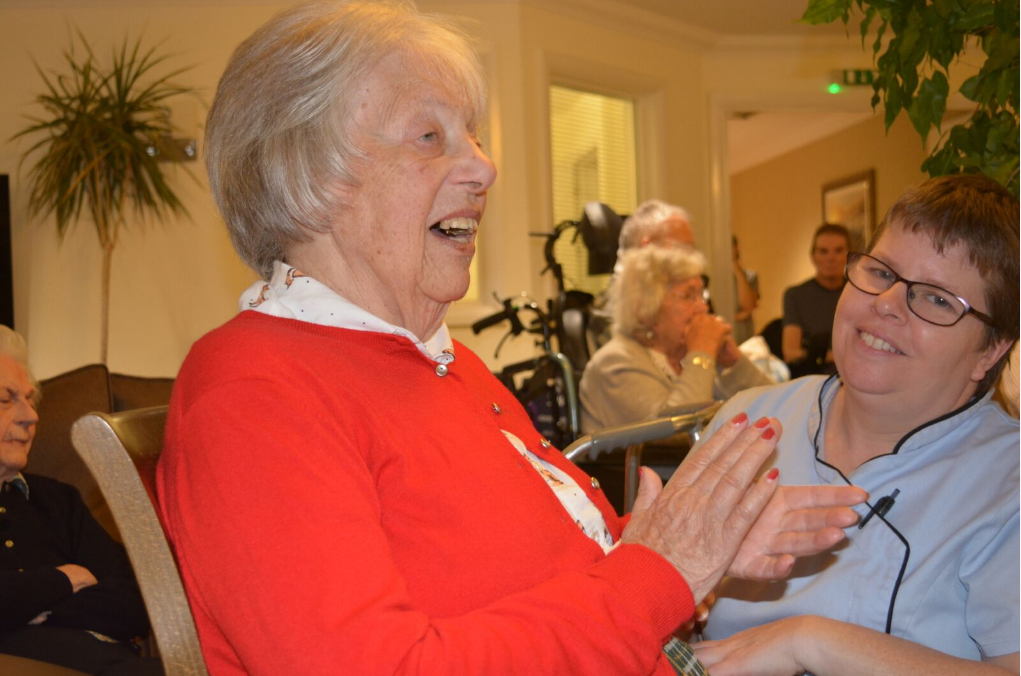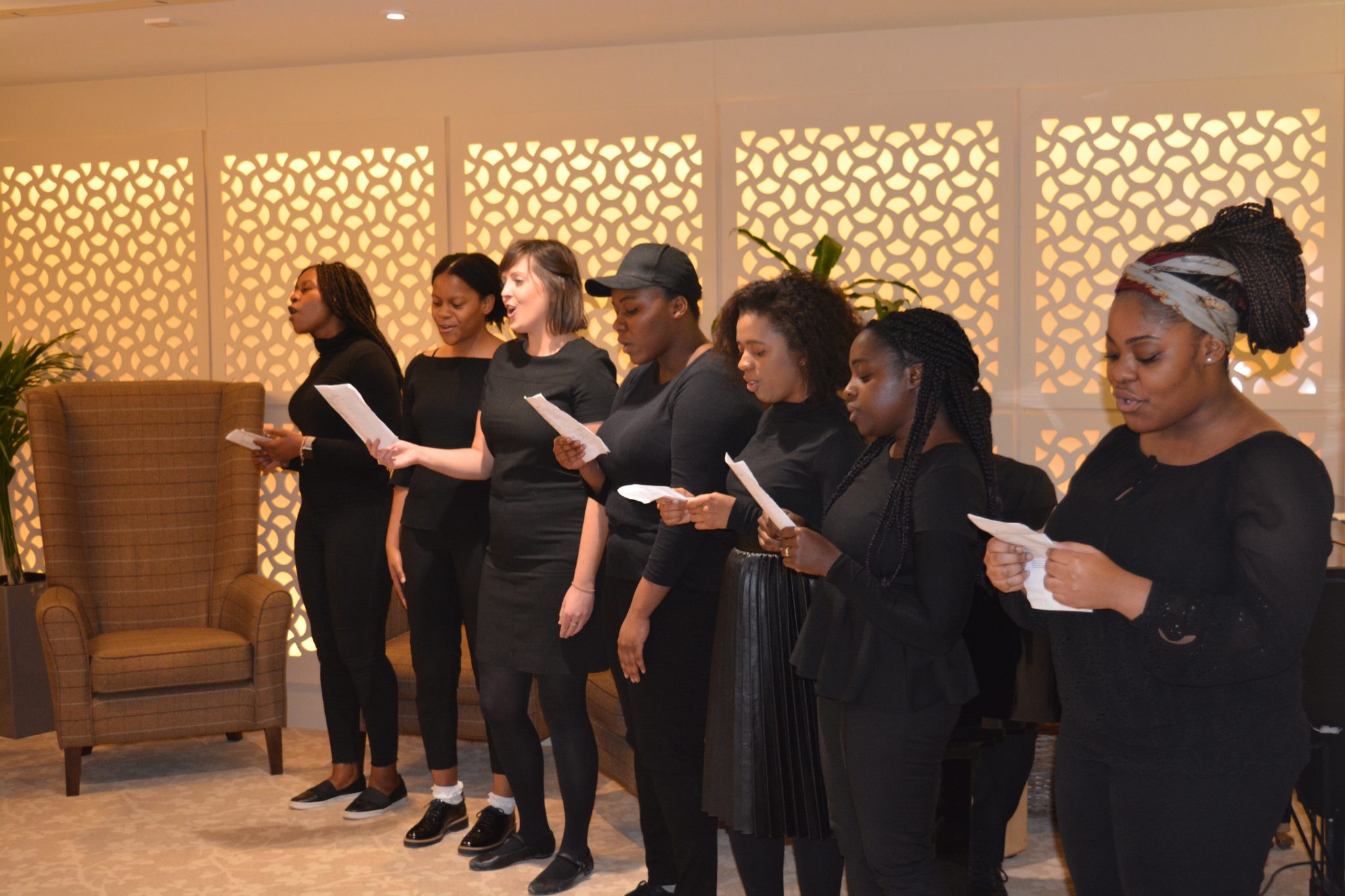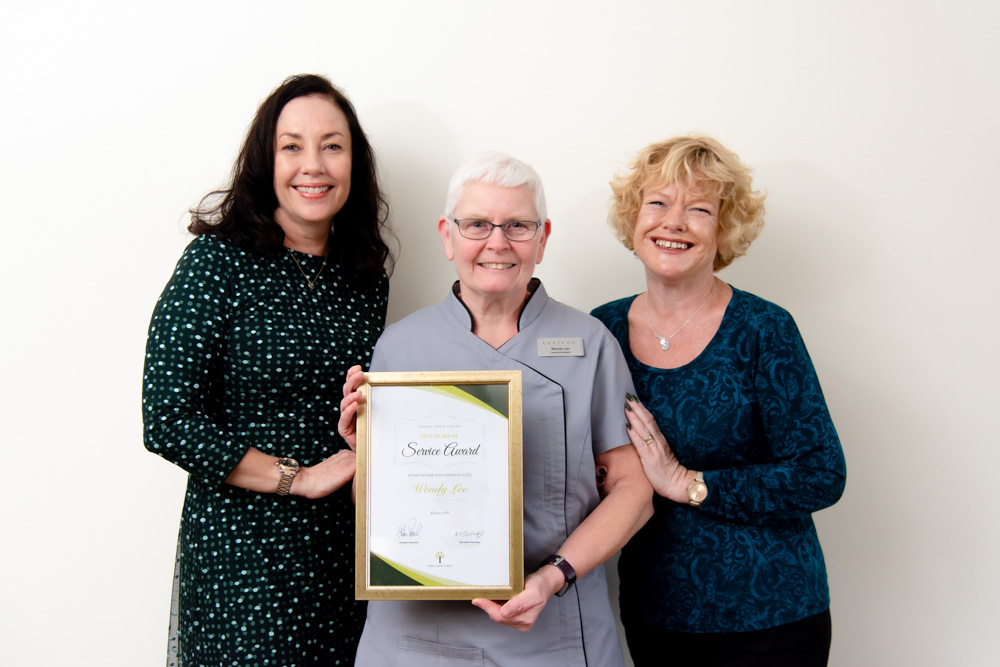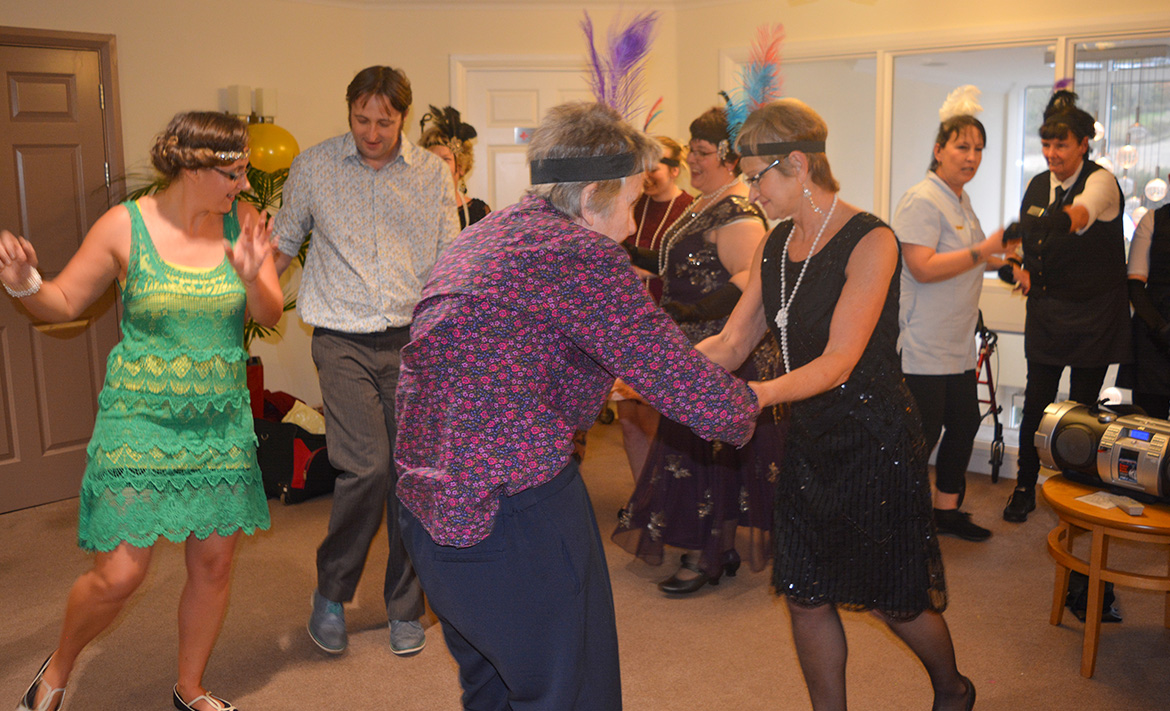Music is a universal language. According to Alzheimer’s UK, music accesses different parts of the brain than language. Music can be used to communicate or engage with someone who has been diagnosed with dementia, even if they no longer speak or respond to other people’s words.
Have you ever associated a song with a specific experience? Music and memory are often intertwined. Music ignites emotional memories. For example, a song at a wedding, or a tune you listened to during a difficult time in your life. We often use music to commemorate the lives of loved ones at funerals and wakes. It’s a part of everyday life.
In this way, by pairing music with every day activities, patients can develop a rhythm that helps them to the recall the memory of that activity, improving cognitive ability over time. This is only one of the many ways music plays a part in music therapy for someone who has dementia.
Other benefits associated with listening to music if you’re a person living with dementia include:
- Music can be a useful way to change somebody’s mood, especially during personal care. For instance, if a person diagnosed with dementia resists your efforts to help them get dressed, playing soothing music or a favourite song can help lessen any distress.
- Music helps people with dementia express feelings and ideas.
- Music can help the person connect with others around them.
- It can encourage social interaction and promotes activity in groups.
- It can reduce social isolation.
- It can facilitate physical exercise and dance or movement.
Last week, Green Tree Court hosted a visit from a local gospel choir, which was enjoyed by all our residents in attendance. Activity Coordinator, Merle Weiner, said; “Everyone loved having the choir to visit. They were fantastic! Our residents all enjoy music. We’d love to have them back again in the future!”
Click here for more of our latest news and updates.









